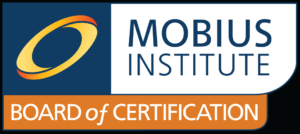This course prepares participants for the ED161 certification by providing essential knowledge in reliability data analysis and asset management strategies. It covers key tools such as Asset Criticality Ranking, Weibull analysis, Reliability Block Diagrams, and techniques like Fault Tree Analysis (FTA), Reliability-Centered Maintenance (RCM), and Failure Modes and Effects Analysis (FMEA).
Participants will develop the skills to manage risks, optimize resources, and improve operational efficiency through structured processes, including condition monitoring, lubrication management, and root cause failure analysis, enabling them to enhance asset reliability and minimize downtime.

Day 1
Day 2
Day 3
Day 4
Would you like more information or want to register for the course? We can help to facilitate the best training experience for you and your team with onsite, classroom, remote learning, and other options available.